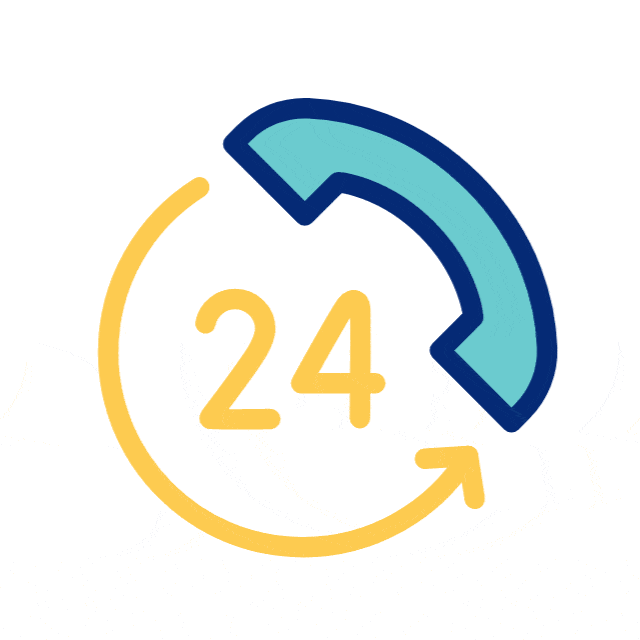Category : Speech and Listening
Stuttering is a speech disorder characterized by the repetition of sounds, syllables, or words; prolongation of sounds; and interruptions in speech known as blocks. An individual with stuttering exactly knows what he or she would like to say but has trouble producing a normal flow of speech. There may also be unusual facial and body movements associated with stuttering. Together, these symptoms make it very difficult for individuals with stuttering to speak and communicate effectively.
Stuttering usually starts between two and six years old, while children go through normal stages of speech and language development. It can continue to adolescence and adulthood if not treated. Although there are no specific causes for childhood stuttering, a few probable ones may be a positive family history, contact with another person with stuttering, and imitating dysfluent speech. Stuttering can also be acquired in adults after brain injury (neurogenic stuttering) or following a psychological stress/trauma (psychogenic stuttering).
Adverse effects of stuttering
Young children get teased for their dysfluent speech, school-age children may not participate in classroom activities, employers may choose not to hire someone who has stuttering. Consequently, individuals with stuttering may get socially stigmatized and perceived as less capable than those without stuttering. Thus, stuttering can evoke negative emotions affecting self-esteem, self-confidence, academic performance, career growth, and social relationships.
Seek professional help!
If your child or someone you know has stuttering, advice those to seek help from a speech-language pathologist (SLP), as early as possible. It is important to intervene children or adults with stuttering at the earliest, as it not only affect the way a person speaks but also nurtures feelings like fear, shame, avoidance, isolation anxiety, guilt etc. Hence early intervention has faster progress and helps to reduce its negative consequences. An SLP can help by working with the child/adult to change how he/she speaks, on how to respond when the child/adult exhibits dysfluencies, changes they can make to improve their fluency and what to do to improve their confidence while speaking.
Services available at JSS Institute of Speech and Hearing (JSSISH)
Since its establishment in the year 2001, JSSISH is offering a comprehensive diagnostic and rehabilitation services to individuals with communication disorders. Specific to stuttering assessment and management, we use standardized tests, instruments, and software-based programs to help our clients to overcome their speech difficulty. We evaluate a number of factors including: the onset and nature of stuttering, types of dysfluencies, coping mechanisms, and how this specific speech difficulty is interfering in their daily activities. Speech therapy for children will be focused on improving speech fluency and developing positive attitude towards communication. For adolescents and adults, speech therapy aims at regulating breathing, fluency shaping, and coping with the anxiety they feel in certain situations due to stuttering. However, for all individuals with stuttering, speech therapy outcome depends on the appropriate education, counseling, and individualized intervention plans. For more information and resources, contact:
Department of Clinical Services
JSS Institute of Speech and Hearing
M.G. Road, Mysuru
Phone: 0821-2548229
Working hours: Monday to Saturday, 9 AM-4 PM





